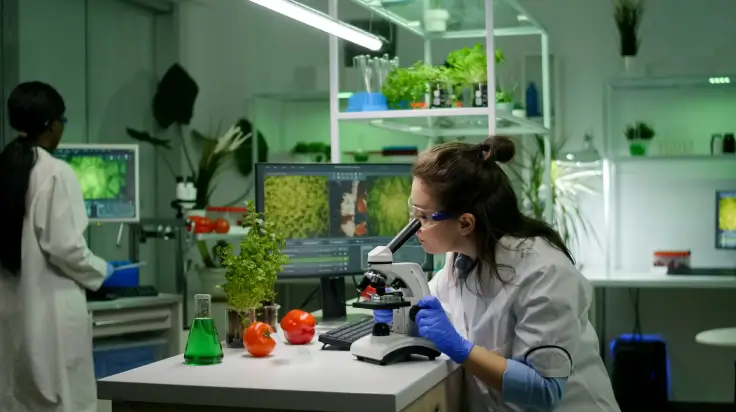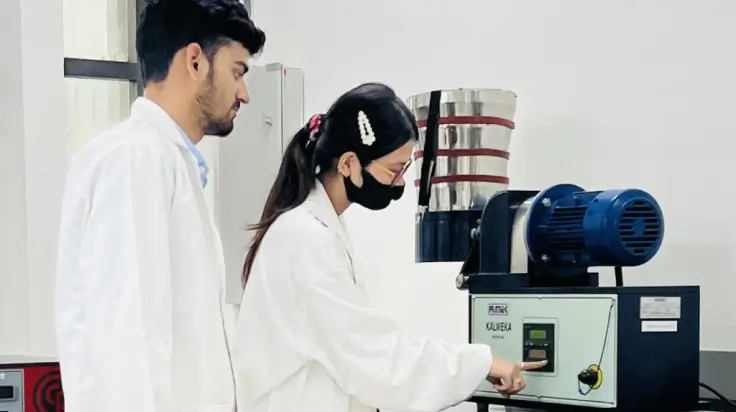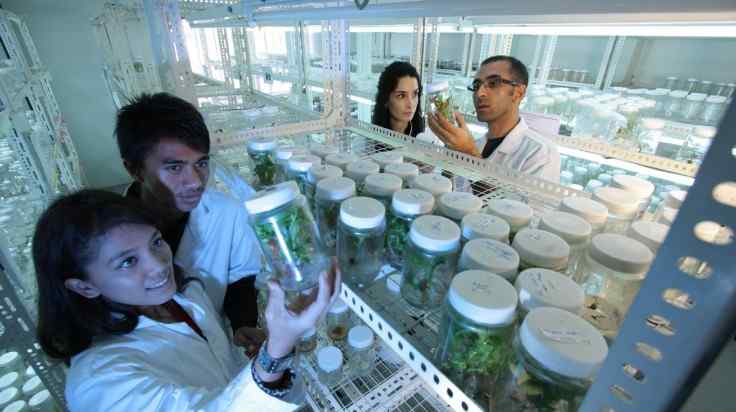How to become a nutritionist
- Mansha Dhingra
- Published 09/10/2019

UPES is a multidisciplinary school that gives exposure to different aspects of healthcare including pharmacy, food and nutrition, management and technology. The interdisciplinary program focusses on the aspects of research focussed on nutritional science. Apart from this, it involves the study of food management, promotion of health through healthy food and focuses on the relation between body and food. The university gives emphasis on theoretical and practical aspects as well. Also, the university aims at preparing employable industry-ready professionals. Providing excellent internship and job opportunities, with leading healthcare and pharmaceutical companies; let us understand why pursuing food, nutrition, and dietetics in UPES is extremely beneficial.
Well! To begin with, let us explain what exactly it means to be a nutritionist. Nutritionists help people follow a healthy lifestyle by providing regular guidance, encouragement and motivation. They discuss the pros and cons of specific diets and food trends, and what impact does it have on their health. A nutritionist may also test some specific food allergies or autoimmune disorders such as celiac disease (gluten intolerance) or lactose intolerance.
With so many lifestyle diseases like high blood pressure, obesity or diabetes on its rise, educating people to follow a healthy lifestyle and eating habits is an important job today. Nutritionists have a lot of job opportunities in the upcoming times. They can work as self-employed entrepreneurs, as well as in hospital settings, schools, organizations and a variety of holistic and alternative medicine environments. Depending on their level of education, nutritionists can be in high demand in food and health-related businesses as well.

Nutritionists help people follow a healthy lifestyle by providing regular guidance, encouragement and motivation.
Nutritionists and dieticians are experts in food and nutrition. They can help patients choose the right foods to eat, help them plan healthy diets, and also explain to them the health benefits or hazards of certain foods. Nutritionists assess a patient’s current dietary habits and needs, educate them on healthy eating habits, follow up to ensure the diets are working and then finally evaluate or analyse a patient’s progress.
A nutritionist might also speak to groups, such as schools or businesses, about good nutrition and preventing many autoimmune health problems only through healthy foods. After all, “You are what you eat.” Nutritionists frequently work closely with individuals who have medical issues, such as those with diabetes, arthritis, thyroid, hypertension or those undergoing chemotherapy, to help them find the right foods to eat for their best possible health.
Now, let us have a look at the different types of opportunities dietitian and nutritionists offer. Clinical dietitians, community dietitians, management dietitians, and consultant dietitians are some of the job opportunities for students. Each of these positions offers different career options, such as food nutrition services in hospitals, schools, and colleges, nutrition counseling in public health agencies and fitness clubs or clinical management in food service systems.
Hurry! Apply for B.Sc Food, Nutrition and Dietetics in UPES right now!
Mansha Dhingra
The writer is a part of the UPES editorial team
Tags
- school of health sciences
- Scope of nutritionist
UPES Admission Enquiry
Subscribe to UPES Blogs
Join our community for exclusive stories, insights, and updates
By clicking the "Subscribe" button, I agree and accept the privacy policy of UPES.


































